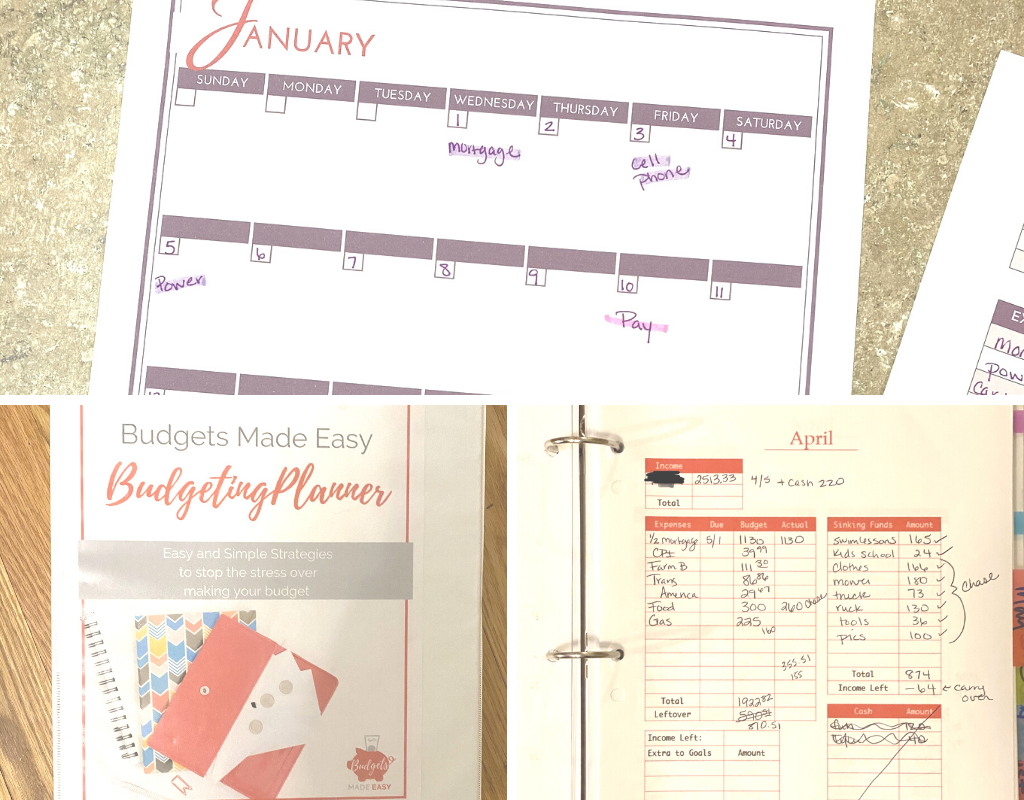

If something happens to your home or your car, being able to instantly locate all of your insurance documents will be important.ĭifferent types of documents and paperwork to organizeīefore you actually begin organizing your documents, you should know what type of documents to look out for. Most of all, it can possibly come in handy during emergency situations. Save money: Maintaining organized records and holding onto your important receipts and documents can save you money in the long run and help you deduct taxes when the time comes.The less time you spend searching for important documents like real estate paperwork, mortgage documents or moving contracts, the more time you'll have for other moving-related tasks. Spend more time on your move: A typical move is hectic and overwhelming.Keeping them as organized as possible will reduce the amount of time you'll spend looking for them in your new home. It is important to keep your bills, invoices and receipts all in one easy-to-find location, so you can't misplace them.


Then look at the list objectively to determine whether you've attempted to do too much.įinally, we will discuss which household papers are too valuable to be left at home and which are too necessary to be left in a safe-deposit box.Planning and preparing for your move can come with a lot of chaos. If you find yourself constantly behind schedule, keep a notepad with you and write down everything you do for a few days. Don't try to cram too much into one day or even one year. Use a yearly planner to set long-term goals, such as saving money or planning vacations.This gives everyone some say in what they're going to do and also shares the responsibility of getting things done. Create a weekly "Family Chore List" where family members can sign up for chores.Checking off the items will give you a sense of accomplishment as well as remind you of what you still need to do. Make lists, both daily and weekly, to make sure you remember what needs to get done.Use a large wall calendar to keep track of appointments, meetings, birthdays, and other events.In the next section, we will learn about some household papers for everyday use. Not all household papers need to be filed away. Review your filing system periodically and toss out items you no longer need, such as last year's utility bills or warranties on discarded items.If someone moves, substitute an updated card. Along with names, addresses, and phone numbers, you'll have room to keep track of birthdays, anniversaries, and even presents you've given in recent years. Instead of using an address book, try using index cards stored in a file box.For households with children, keep a special clipboard in a prominent place for all those permission slips and other school documents that are easily mislaid.When you grab your keys, you'll remember the mail. Also use this basket for bills and letters that need to be mailed. Hang a basket near the front door and keep your keys in it, so you'll always know where they are.Be sure to set aside time to file these items. If you can't file papers on a regular basis, use a folder labeled "To File" to temporarily store items. Keep your mail in one location in the house, and open up and file everything at least once a week.You'll find that new categories will stand out, and unneeded items will be easily recognizable. Use a "Miscellaneous" file for items that don't easily fit into a category, but be sure to go through this file when it fills up.This can be as simple as an accordion file or a file cabinet that can do double duty as an end table. Set up a filing system for your important papers and receipts.Designate one area of your home, even if it's only one drawer, for filing business papers, bills, letters, and clippings.


 0 kommentar(er)
0 kommentar(er)
